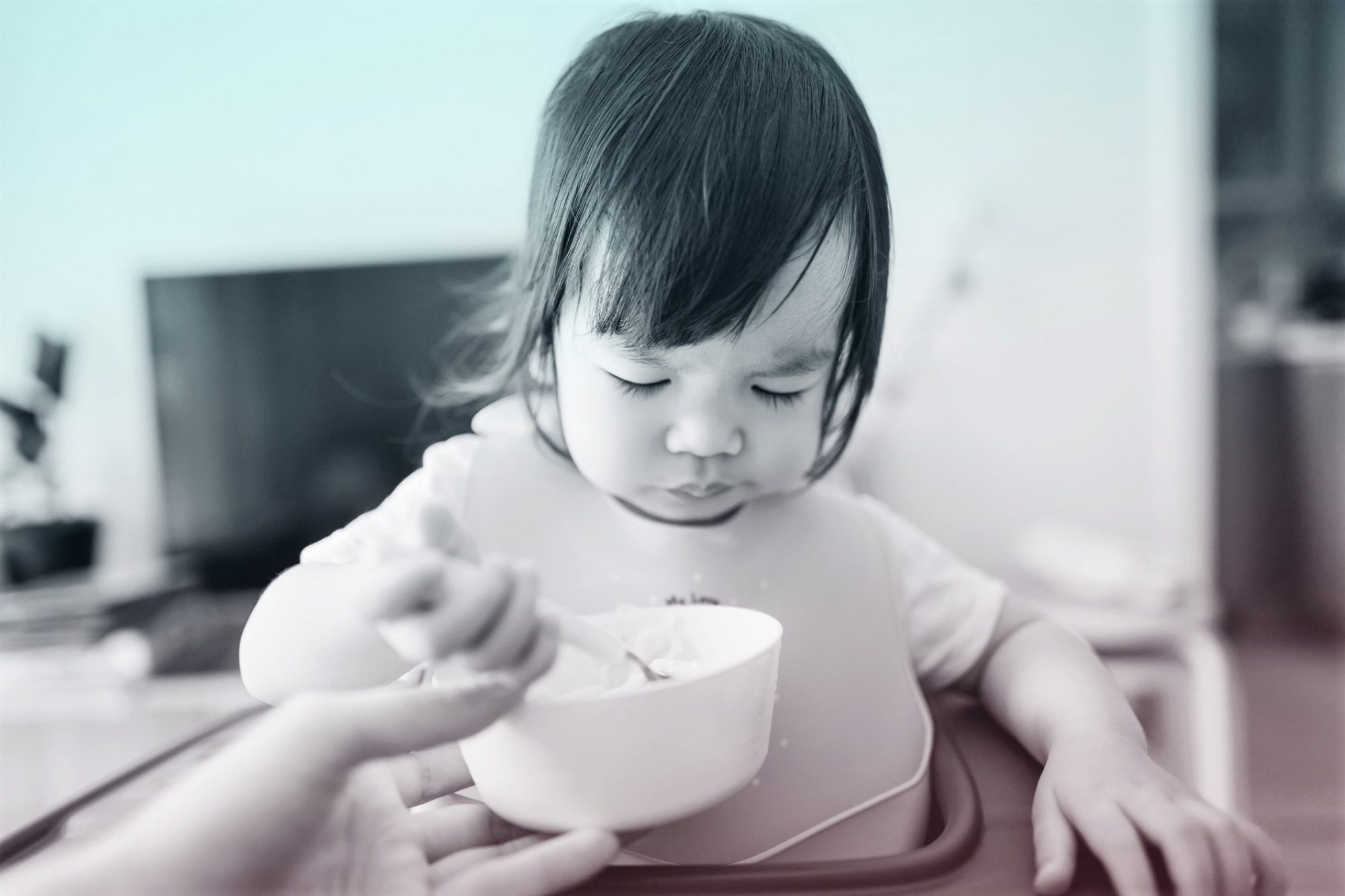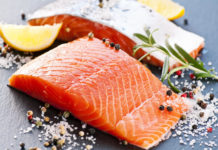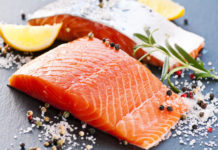
For years, rice cereal was considered the gold standard first food. Not anymore. The newest feeding advice says you can start with lots of different foods—from fruits and veggies to meat purees and yogurt. So what does that mean for baby cereal?
Cereal, particularly rice cereal, was a favorite first food because it's easy to digest and not likely to cause an allergic reaction. But cereal was also recommended because parents used to start solids much earlier—before babies were truly ready and before they could handle other foods, says pediatric dietitian Jessica Gust, R.D.
Now we know that babies should begin solids around six months and that serving a wider variety of foods at that point is perfectly fine. "I like to see parents start right away with fruits, vegetables, healthy fats like avocado, and other iron-rich foods like peas, beans and legumes, or meats," says Gust. "Baby cereal can still be a good option to give to the baby, it just doesn't have to be the sole first food."
The Benefits of Baby Cereal
Fortified baby cereal does offer benefits to your baby's diet, namely iron, a mineral that's critical for growth and development. Your baby's natural iron stores are depleting by six months, so getting iron from food is a must. Baby cereals such as oat and quinoa are sources of whole grains too. Whole grains generally deliver fiber and higher levels of nutrients like protein and minerals than refined grains do.
Baby cereal is also a nice vehicle for serving other foods, such as a small bit of peanut butter stirred in smoothly. They're also a good way to add a little heft to veggie and fruit purees for babies who are ready for heartier textures.
What About Arsenic?
You may have heard that rice cereal contains arsenic, a toxic heavy metal. It's true that arsenic, which is present in air, water, and soil, is a concern with rice. That's because rice tends to absorb more arsenic than other crops, according to the U.S. Food and Drug Administration (FDA). That's especially worrisome considering babies' small bodies.
But that doesn't mean rice cereal is unsafe for babies altogether. The American Academy of Pediatrics (AAP) recommends serving a variety of grain cereals, including barley and oat, to reduce your baby's exposure to arsenic. Keep these concerns in mind with other rice-based foods you feed your baby too. "Rice products are safe in small doses, but I don't like to see parents giving rice cereal, rice teether crackers, and other rice-based foods every day/multiple times per day," advises Gust. (Here's what you should know about arsenic in juice as well.)
Are Grains Safe for Babies?
There's a movement of adults who don't think grain foods are healthy and cut them out completely—and there are some blog posts circulating that claim that babies shouldn't eat cereal (or any grains) because babies can't digest them. But that's simply not true, says pediatric dietitian Jennifer House, R.D. Babies are capable of digesting grains, which offer valuable nutrients. In fact, there is no evidence that waiting to introduce or limiting gluten (a protein found in wheat, barley, and rye) beyond 4 to 6 months of age prevents food allergy or the onset of celiac disease, according to AAP pediatricians.
How to Choose a Baby Cereal
Gust recommends looking for a cereal that's iron-fortified. She especially likes oat- or quinoa-based grain cereals. If you do serve rice cereal, Gust advises limiting it to a couple of times per week and serving a variety of other foods too.
Here are the cereals Gust recommends to moms (and uses with her own baby!):
Gust also recommends making your own. Here's how to DIY baby cereal: Pulse regular oats in the food processor or in a (clean!) coffee grinder to create a fine texture. Remember that plain oats don't contain nearly as much iron as iron-fortified cereal, so be sure you're serving other iron-rich foods (such as meat or beans) as well.





